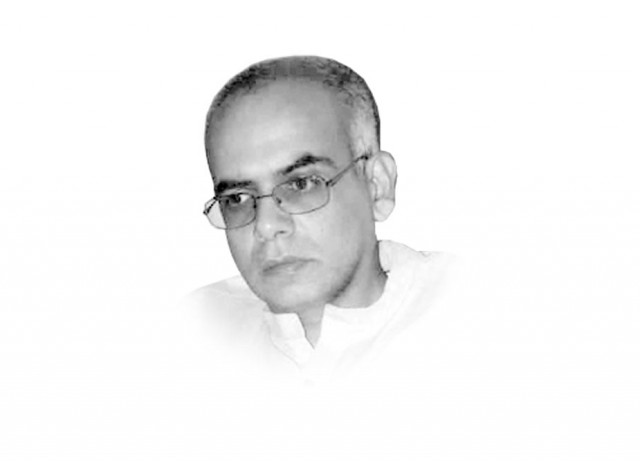Rio+20 and what it means for us
There is a need for a shift towards sustainable practices. Implementation of NSD Strategy is one good place to start.

Developed countries have been resisting mention of the core principle of that Earth Summit: common but differentiated responsibilities implying that while all countries should strive to protect the world’s resources, those with the most money and who have done the most damage should play a greater role. The US, UK and German heads of state did not even attend the Rio+20 Conference since they were in Mexico for the G20 Summit and preoccupied with the ongoing financial crisis. Since many of the developed countries are facing financial crises back home, they remain reluctant to carry out the commitment they had made on contributing 0.7 per cent of their GNP to the implementation of the Sustainable Development Goals. To deflect criticism of reneging commitment, the growing role of other sources of funds for developing countries, including private sector investments and trade, has been highlighted. Yet, the impact of these latter activities on climate change is hardly positive.
Rio+20 was faced with big issues, such as protecting the world’s forests and fisheries, bringing electricity to more than one billion people who lack access to it, weaning the world off of fossil fuels and encouraging farming and economic growth that do not destroy the natural environment. But it seems that the global community is unwilling to do what it will take to achieve these goals practically. The majority of NGOs have already claimed that Rio+20 was an abject failure. The predicted and evident adverse impacts of water stress, drought, deforestation, glacial melt and flooding on food security, hydropower generation and exacerbating natural disasters have already become all too visible in countries like our own. Despite this, there is little public debate on greening the economy in Pakistan. No political party has a significant environmental agenda within its manifesto.
A stocktaking report was prepared for the Rio+20 Summit and a national consultation was also held, but these one-off events will not make the necessary impact unless the findings emerging from such activities are put into effect. Implementation of our National Sustainable Development Strategy is one good place to start. Other practical measures include the State Bank of Pakistan formulating rules and regulations for ‘incentivising’ green investment and loans through commercial banks.
Pakistan is the most urbanised country in south Asia and faces a range of challenges to turn the ongoing haphazard urbanisation process into effective urban development through a range of measures including better land-use management, provision of less polluting transport systems and effective waste management. There is also need for a shift towards sustainable agricultural practices, including integrated water management and involving small and landless farmers in agricultural growth, rather than giving priority to landlords and agribusiness concerns.
Implementing such measures has become all the more necessary now that Rio+20 has shown how developed countries in a period of economic turmoil have little spare cash to fund new commitments to sustainable development in developing countries. One wonders if our national delegation will come back from Rio+20 with constructive ideas and the political will to implement these pending requirements.
Published in The Express Tribune, 25th, 2012.















COMMENTS
Comments are moderated and generally will be posted if they are on-topic and not abusive.
For more information, please see our Comments FAQ